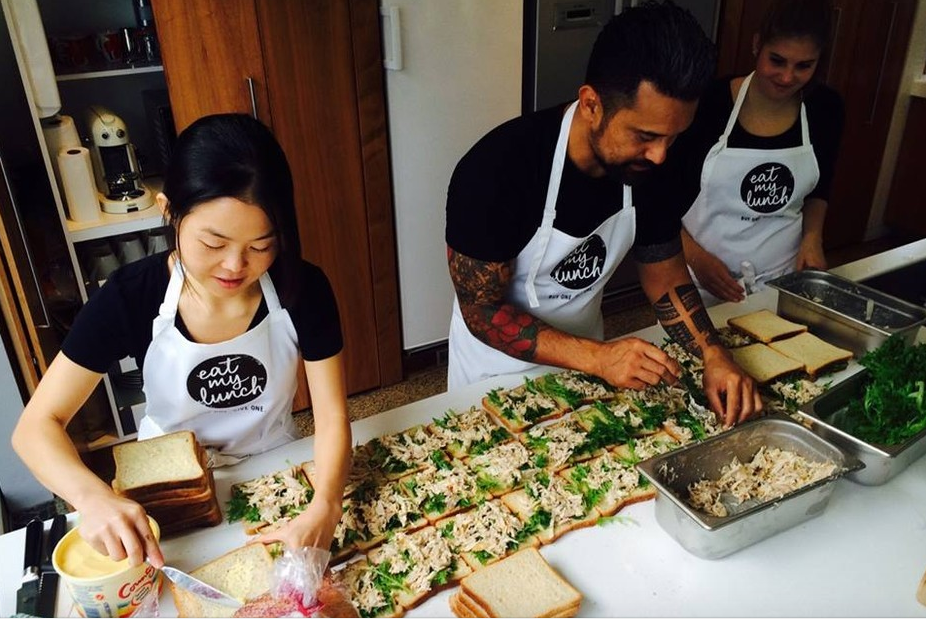
PledgeMe CFO Barry Grehan says the Social Enterprise World Forum coming to New Zealand in September will mark a major milestone for the social enterprise movement locally, but more needs to be done to raise the profile of these organisations.
“Relying on a big one off global event like that to create massive (but temporary) exposure for Kiwi-grown organisations who care isn’t enough. We need to do more,” he said in blog post.
“Spreading the impact of social enterprises in New Zealand begins with visibility. Those of us that want a better future for New Zealand have the power to support others that dream of a better future – our social entrepreneurs. If we know about the socially-driven alternatives, we can choose to support them. What’s the most important way we can support? By buying their products and using their services. And then, by sharing their stories.”
He says past efforts to put together a list have been hindered by arguments over defining exactly what a social enterprise is, as well as those putting together the list running out of steam.
To counteract this, PledgeMe has chosen to define a social enterprise as: “Any organisation with a focus on positive social or environmental impact, that has a revenue stream that aims to sustain their work.”
Last year, PledgeMe founder and CEO Anna Guenther said that the future of enterprises will be social enterprises.
“Business used to be easy. It was about one thing: making money. Everything was measured in numbers and your finances, and increasing your profits was the name of the game. You focussed on making a product (or a service) that people loved or needed, and a dividend for your shareholders,” Guenther said.
“But, with the increasing awareness and complexity of problems, we’re seeing a change to the face of enterprise. It’s called social enterprise. No longer is business just about the financial impact it has, but the social impact as well.”
Some of the social enterprises already featured on its crowdsourced list include Pomengranate Kitchen, which gives refugees from Afghanistan, Syria, Iran and Africa the chance for employment through cooking food for lunch deliveries and catering. It provides work, training and the chance for the women to scale up and take on leadership roles, with co-founder Rebecca Stewart saying she eventually wants one of them to take over her role as general manager.

Another is Ethique, which produces shampoo, soap and conditioner in a solid beauty bar form, which is then wrapped in compostable packaging to prevent more plastic going to landfill and polluting the environment. It also donates 10 percent of its revenue to the SPCA, as animals are often the worst hit by testing in the cosmetics industry.

And another is the Edmund Hillary Fellowship, which gives New Zealand based and global entrepreneurs or start-ups the chance to work from New Zealand’s shores to tackle some of the world’s biggest problems. It was created by the Hillary Institute for International Leadership and Kiwi Connect in partnership with Immigration New Zealand.

This isn’t the first time PledgeMe has crowdsourced a list – in 2015, it took Idealog to task for the lack of gender balance in the business leaders it profiled for its 10th anniversary issue and crowdsourced a list of business women available for the media to interview. The list was hugely successful, and has since gathered 720 names.
You can view or add to the full list of social enterprises here.




